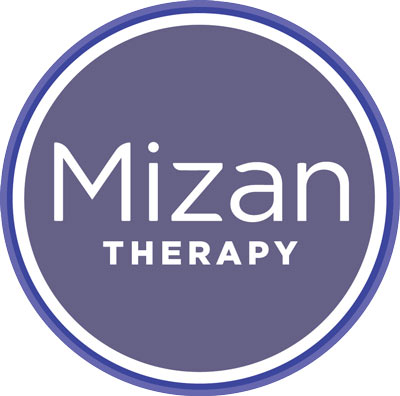 Probably all traditional healing systems, from all over the world, have a form of womb healing massage. Mizan is based on these ancient techniques, seamlessly blending traditional practices with modern knowledge and understanding.
Probably all traditional healing systems, from all over the world, have a form of womb healing massage. Mizan is based on these ancient techniques, seamlessly blending traditional practices with modern knowledge and understanding.
Traditions
In the past, the traditional method of transmission would have been from mother to daughter, aunt to niece, or a similar woman to woman passing of knowledge and skills. Unfortunately, mainly due to the popularity of Western medicine, often being promoted as modern, traditional healing techniques became lost. When women found that allopathic methods failed them, there has been an attempt to revive the old ways. But because the original sources of the knowledge had now passed, it’s often a case of “I saw my aunty doing this; at least I think this is what she did”.
It’s great that traditional methods of healing are being revived, though the danger is when techniques are mis-remembered and harmful practices begin to be performed. I have heard of a few of these, including using the sole of the foot to kick a woman’s genitals…..
Harmful practices don’t need to be as severe; there are several areas on the abdomen that can be damaged by pressing on them. For instance, in the lower right quadrant is the ileocecal valve, the purpose of which is to ensure that the bowel keeps moving in the correct direction. If incorrect pressure is applied over the valve it can cause the sphinctre muscle to become locked open, causing incredibly painful backwash of the contents of the bowel.
What does it take to become a Mizan Practitioner?
The path to training as a Mizan Practitioner is first attending the Wombspace Workshop. This is the introduction to womb healing on a personal level. After all, if you are not prepared to put healing into practice for yourself then what right do you have to ask it of others?
The next stage is the Practitioner training. There is an online module with on the anatomy and physiology of the pelvis which must be completed before attending the week’s residential course. This means that on the practical training week we can focus on ensuring that participants have fully mastered the massage techniques; this makes practitioners not only highly effective at healing reproductive health issues, but ensures that they cannot cause any harm in the process.
At the end of the week there is an assessment, and then all practitioners complete nine case studies. Once all this is completed satisfactorily, Mizan Practitioners are listing on the website.
Choosing a therapist
If someone is claiming to do any massage-based techniques to improve the reproductive health of women (or men) then before booking an appointment, it is essential to ask about their training, knowledge and experience. Today, we are bridging traditional methods with modern anatomical knowledge, so knowing the anatomy and physiology of the pelvis is essential.
Even after training, Mizan practitioners cannot rest on their laurels. If they are listed on the Mizan website, they are committed to continual professional development to ensure that they are keeping up to date with new knowledge.

